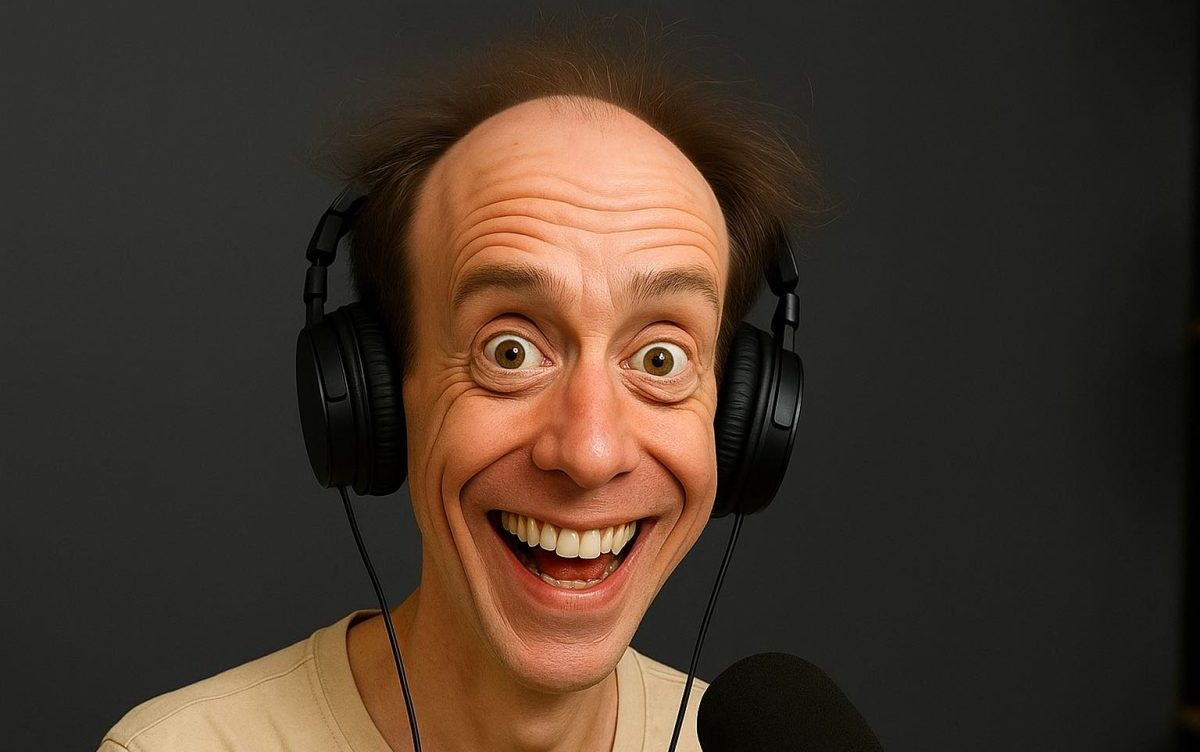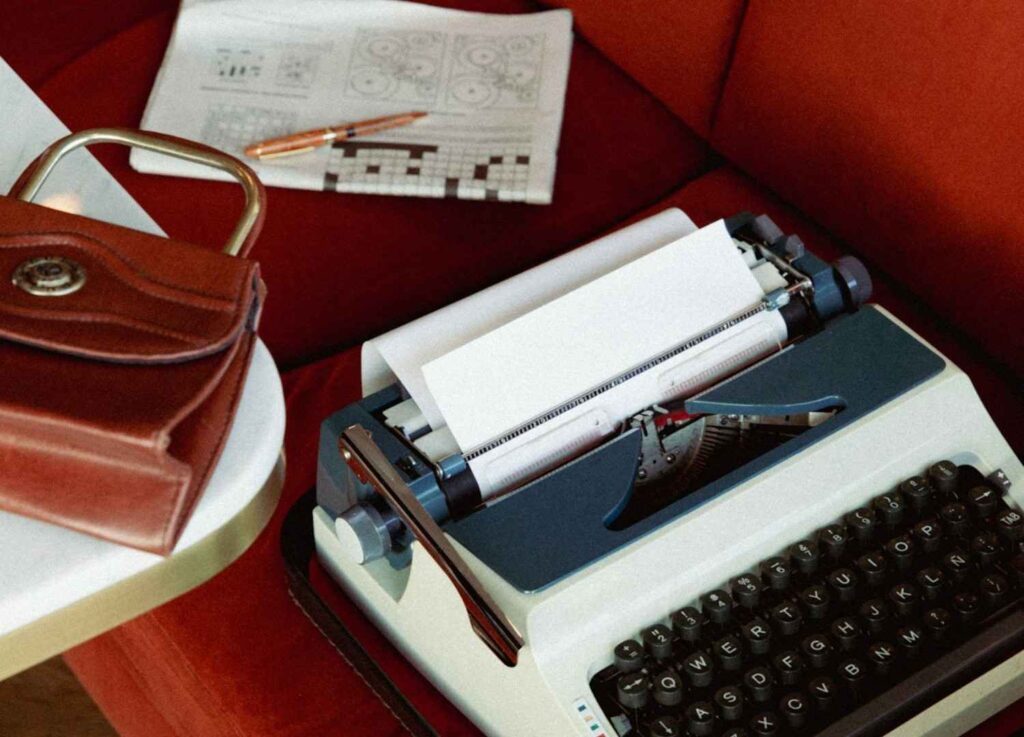Truly good radio commercials: you hardly hear them anymore. Going back in time, there were many beautiful, prize winning radio spots, but these days just a nomination is already quite the achievement. In this article we provide you with ten useful tips on how to write a radio commercial that stands out.
However, before we start sharing tips, let’s give a little background: Simply put, there are two different kinds of radio advertising. The large majority can best be described as spoken sales pitches.
Only 10 to 15% of radio commercial scripts are based on creative advertising ideas. Low budgets and short durations make this percentage so low. It also doesn’t help that radio spots are often put on the plate of the junior, despite the expertise it requires to create a proper radio commercial.
Bigger budgets mean higher quality radio spots. You can mostly notice this in commercials from places such as the United States or the United Kingdom. Looking at the production value, they often tower high above radio spots from countries such as the Netherlands, Sweden and Germany. An aspect that helps, is the duration. The radio commercial below, for example, could have easily been cut shorter by about 20 seconds. But the longer duration adds something extra:
And now, tips. What do you need to keep in mind when writing a radio commercial script?
Tip 1: Set the stage.
Since you are working without a visual, it’s up to you to create one in the listener’s head. Paint your audience a proper picture at the start: where does the story take place?
What works is keeping it simple. You can use a lot of words, but as said, there often isn’t enough time for that, but a single sound effect can point your audience in the right direction. A voice over can then clarify where they are. For instance, take the sound effect of a door opening and a voice actor reading: “Doctor…”. Everyone will know this story is taking place at a medical practice. Listen for yourself:
Tip 2: Theatre of the mind
Evoke a mental picture in your listener’s head. Paint with sounds. You can keep it small, like the medical practice, or take it the other way and go big.
Radio stations often do this in promo spots. Like this one, from the most famous radio station in the world, Z100 from New York:
Tip 3: Music
Sound effects are fun, but don’t make the mistake of playing a sound for everything you mention in the script. Prevent sound effects from taking the lead, because it puts your message in the background. Sometimes, less is more.
For example, when making a radio spot about running, do you need sounds of people running? No, not necessarily. A good script in combination with the right music can work miracles. Like in this radio commercial:
Audio Post Production & Sound Design on the go
Let one of our very experienced sound designers & audio technicians mix your audio.
Tip 4: Keep it conversational
Stating the obvious? Of course you’re going to use conversational language. But is your script really that conversational? Or is it better fitting for the page?
The following sentence, for example, is fine when you read it:
Your own assets, such as savings, can also be considered for this.
As a reader, you understand this sentence because you have the opportunity to quickly revisit parts of it as you read it. This happens subconsciously, you probably didn’t notice your eyes going back and forth in an effort to process the meaning of the sentence. A listener of a radio commercial does not have this opportunity; you can’t use your ears to revisit something said earlier.
In other words, the timeline of the sentence is important. Start with the knowledge that needs to be known first to understand the rest. The previous sentence then turns into:
What could be considered for this, are your own assets, such as savings.
Chop up your sentence and put the pieces in the right order.
Tip 5: Use few words (but not too few)
A twenty second radio spot; little time, so only enough for a few words. Make sense? Yes, but don’t use too few words. Connecting words such as ‘but’ and ‘so’ have value. Without them, you’ll end up with a script full of detached sentences, without the original melody.
Also, leaving these words out can tamper with your speaking rhythm, actually causing your radio spot to take longer. The few words remaining get so much weight, that you’ll automatically add extra emphasis and pauses. Things like that cost time.
Tip 6: Put words in your listener’s head
As a copywriter, you are in charge. It’s up to you how your message will be received by the audience. At least, you want it to be. Right? That’s why you have to immerse your listener right into your commercial.
Here’s a piece of copy that fails to do this:
As a successful startup with a brilliant concept, you probably want to have an explainer video made to show to your target audience.
But when you structure it differently, you’re going to put the correct message in your listener’s head:
So you have a startup.
You have a brilliant concept.
A gap in the market.
And now you need an explainer video.
This way, you guide your listener in their thinking. Are they the target group for your radio spot? Then chances are that they’re going to think: ‘yes’, ‘yes’ and ‘yes’ when hearing those first three sentences. And when that last one hits, you have to hope they’ll follow that up with: ‘Well, now that you mention it…’
Tip 7: Turn a monologue into a dialogue
When you, like in the previous example, ‘engage in conversation’ with your listener, you’re – so to speak – putting them in ‘reply mode’. You can even use this in your call to action at the end of your radio commercial. As simple as it may sound:
Want to know more? Go to … .com
works a whole lot better than:
Go to … .com for more information
It’s because you are directly addressing the listener. You literally pose a question for them to answer. And they will. It’s up to you to come up with sentences and questions that are easy to reply to with ‘yes’, ‘okay’ or ‘explain’.
Tip 8: Don’t be afraid to pause
However strange it may sound: silence is one of the most powerful tools in radio advertising. Unfortunately, a lot of radio spots are picked clean due to a lack of time. The result: one long mess of words.
That won’t get your message across. Add in those pauses, even for short spots.
For every sentence in your script, ask yourself: ‘How long do I think the listener needs to answer?’ That’s how long your perfect pause should be. For a yes-question, the pause is short or maybe even non-existent. But if you expect the answer to be more along the lines of: ‘Well, that’s a good question…’, your pause should be at least as long as it takes to finish that thought.
Unfortunately, it’s the silences that often get cut, even though radio commercials need them to be truly effective.
Tip 9: The right voice
Off the top of your head: which radio commercial do you think of if I were to ask you to think of one? Chances are you picked one with a characteristic voice. Am I right? Then you’ll understand how important it is to cast the right voice over.
And yet, many radio commercials are voiced by voice actors who are perfectly neat and decent. However good that voice may be, you will run the risk of not standing out in the crowd. With a voice over that has a divergent sound and character, you will stand out. Therefore, always consider your options when casting the right voice.
What about an accent? This example of a radio spot might not include the most remarkable of voices, but the Midwest American accent definitely makes the commercial stand out. And it matches the message perfectly. Literally and figuratively: sell the sizzle, not the steak.
Tip 10: Play with the medium
Standing out with your radio commercial; you can do that too by playing with the medium. And I don’t mean lay on the radio DJ voice as thick as you can, that’s cliche and maybe not the funniest way to go.
Consider the time you want your radio spot to air, or on which radio station. Or, like in the example below, play with the knowledge that the majority of listeners will be in the car during commuting hours.
And that’s all folks, ten tips for writing radio commercial scripts. Millions listen to the radio everyday. And even though you won’t hear many of them admit it: they like beautiful radio advertising. Use it ☺.









